-
Welcome to 4Runners.com!
You are currently viewing as a guest! To get full-access, you need to register for a FREE account.
As a registered member, you’ll be able to:- Participate in all 4Runner discussion topics
- Transfer over your build thread from a different forum to this one
- Communicate privately with other 4Runner owners from around the world
- Post your own photos in our Members Gallery
- Access all special features of the site
Handy metric bolt torque chart
Discussion in '5th Gen 4Runners (2010-2024)' started by 08TXRunner, Jun 21, 2023.

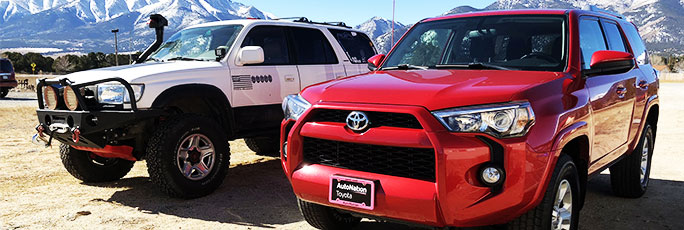
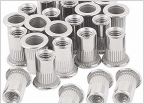 Skid Plate Bolts Stripped, Oversize Tap and Drill Bit?
Skid Plate Bolts Stripped, Oversize Tap and Drill Bit? Did you know your 4Runner did this?
Did you know your 4Runner did this?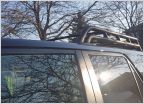 Chip on TRD Pro roof rack
Chip on TRD Pro roof rack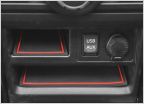 Under Radio Mats
Under Radio Mats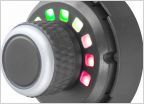 2019 SR5 trailer brake controller??
2019 SR5 trailer brake controller??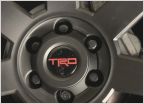 TRD Center Caps on ORP Wheels
TRD Center Caps on ORP Wheels












































































